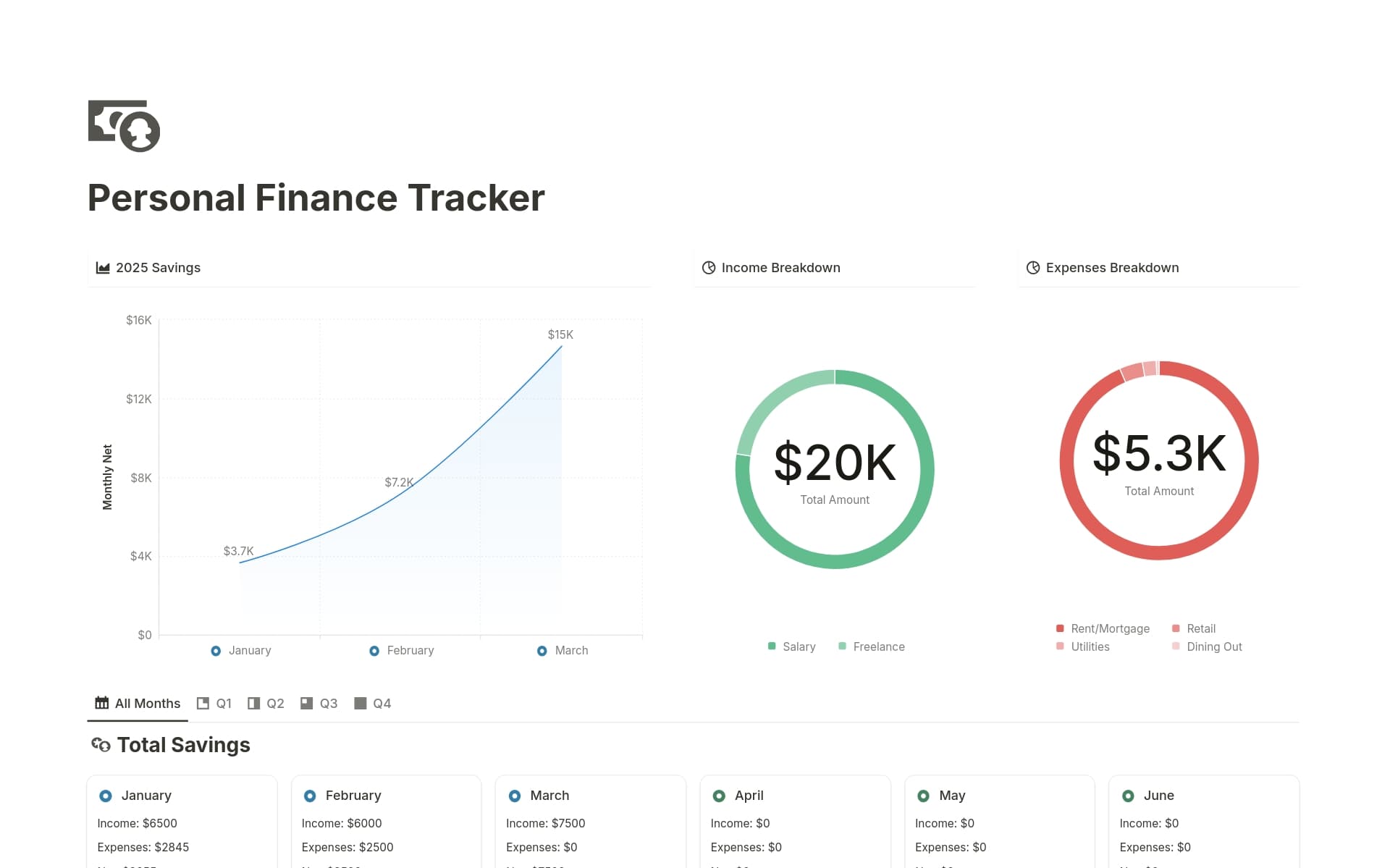Debugging is a critical aspect of software development and maintenance, ensuring that applications run smoothly and efficiently. A Debug Domain template can streamline the process of tracking, prioritizing, and resolving bugs, making it easier for developers and teams to manage their workflow and maintain high-quality standards in their projects.
Before you dive into creating your own Debug Domain, take a look at these Debug Domain Notion templates to simplify and enhance your debugging process.
What Should Debug Domain Templates Include?
Choosing the right Debug Domain Template in Notion can significantly streamline your debugging process. Here are key components to look for when selecting a template:
Comprehensive Error Logs: A good template should include detailed sections for logging errors, including timestamps, error codes, and user impact descriptions.
Issue Tracking System: It should facilitate a seamless tracking system that categorizes issues by severity, status, and assignee to enhance team coordination and response time.
Resolution Steps: Look for templates that provide structured fields to document troubleshooting steps and final resolutions, which can be valuable for future reference.
Integration Capabilities: Ensure the template can integrate with other tools or platforms you're using, such as version control systems or deployment tools, for a smoother workflow.
Selecting a template with these components will help you manage and resolve issues more efficiently, making your debugging efforts more effective.
What Should Debug Domain Templates Avoid?
When selecting a Debug Domain template for Notion, it's essential to be aware of certain features that might complicate or hinder your debugging process rather than help it. Here are three key components to steer clear of:
Overly Complex Layouts: Templates with too many sections, tabs, or intricate designs can make it difficult to quickly locate information. Simplicity should be a priority to enhance usability and efficiency.
Non-Customizable Elements: Avoid templates that don't allow you to adjust or add new elements. Flexibility is vital for a debugging template as your needs may evolve over time.
Heavy Dependency on Plugins: Templates that require numerous plugins can lead to slower performance and potential compatibility issues. Opt for templates that maintain functionality with minimal external dependencies.
Choosing the right template involves looking for one that simplifies the debugging process, is adaptable to your needs, and runs smoothly without additional software. This ensures a streamlined and effective debugging experience.










